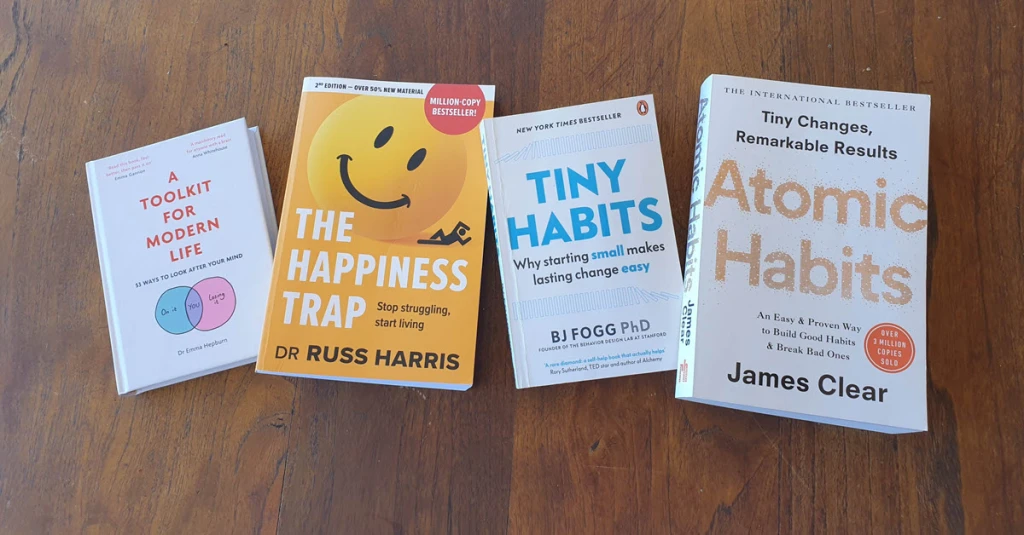My most important tip for keeping up with conversation on blogs is being very effective at managing my comments on other people’s blogs and I showed how I achieve this using Co.mment in my last post. But as Joaquin pointed out in the comments of this post another alternative is to use coComment.
Last week I road tested coComment to compare it’s benefits with co.mment because Alan Levine post on his annual blog absence to comment highlighted that he uses Cocomment. Perhaps I was missing something?
Trouble is I’m not sure? Ultimately what I want is a simple an effective mechanism to manage comments. Co.mment provides me with this solution. coComment definitely has more functionality and it focuses more on the community aspect.
SO I have decided that I need the community (i.e. those that use coComment) to sell me on the benefits of using coComment because perhaps the issue is how I’m using it. So my plan is to show how I use the application and hopefully this will help others highlight aspects that I’m missing.
Comment Feed Viewed In Google Reader
I like to manage comments that I track by adding the RSS feed to my Google Reader account.
When a new comment is added to a post I’m tracking using co.mment it shows an extract of the post, the name of the commenter, date, number of comments on post and the comment.
My feed from cocomment provides considerably less information. No extract from the original post, no indication of the number of comments on the post and the name of the commenter is only displayed if that person has an account with cocomment.
If the commenter doesn’t have an account the comment says Unknown says……. To make matters worse at the moment all comments with Unknown says are being feed through without the comments!!!!
The feed from co.mment provides me enough information to remind me why I am tracking the conversation so that I can make an informed decision to respond back to the comment without having to go to comment or visit the original blog. This is not the case for the feed from cocomment.
Comparing number of comments
- My co.mment account – 436 conversations tracked (since August, 2007)
- cogdog coComment account – 332 conversations tracked (since Feb,2007)
- Darren Draper’s coComment account – 134 conversations tracked (since July,2007)
FINAL THOUGHTS
So where am I going wrong with coComment? What am I missing? How do I make the community aspect work for me?
And if you’re enjoying this blog, please consider ![]() Subscribing for free
Subscribing for free




Leave a comment